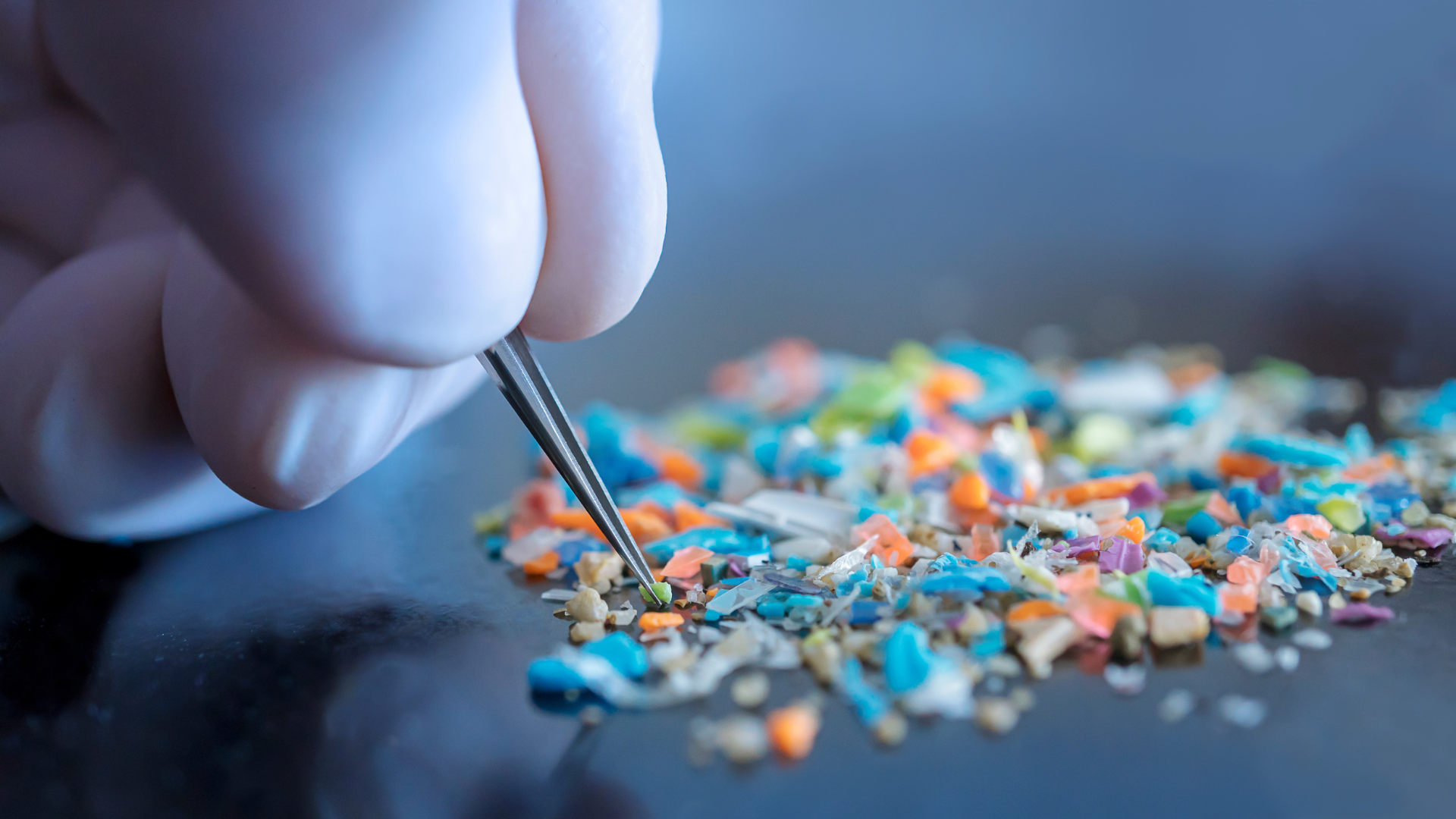Microplastics, tiny plastic particles less than five millimeters, have infiltrated the air, water, and food in the Philippines, posing growing health concerns. Studies, such as one on Laguna Lake, have revealed widespread contamination, with particles from single-use plastics and disposable masks entering human bodies through ingestion and inhalation.
These particles can disrupt hormones, potentially causing reproductive issues, metabolic disorders, and respiratory problems. Microplastics have even been detected in human blood, suggesting long-term health risks.
While the government has introduced waste management initiatives like the Extended Producer Responsibility (EPR) Act, efforts to address health impacts remain limited. There is a lack of national studies on microplastic exposure in Filipinos, and public awareness is low.
The Philippines must prioritize research on microplastic-related health effects and foster collaboration between scientists, healthcare providers, and policymakers. Protecting the environment from plastic pollution is also safeguarding public health.


